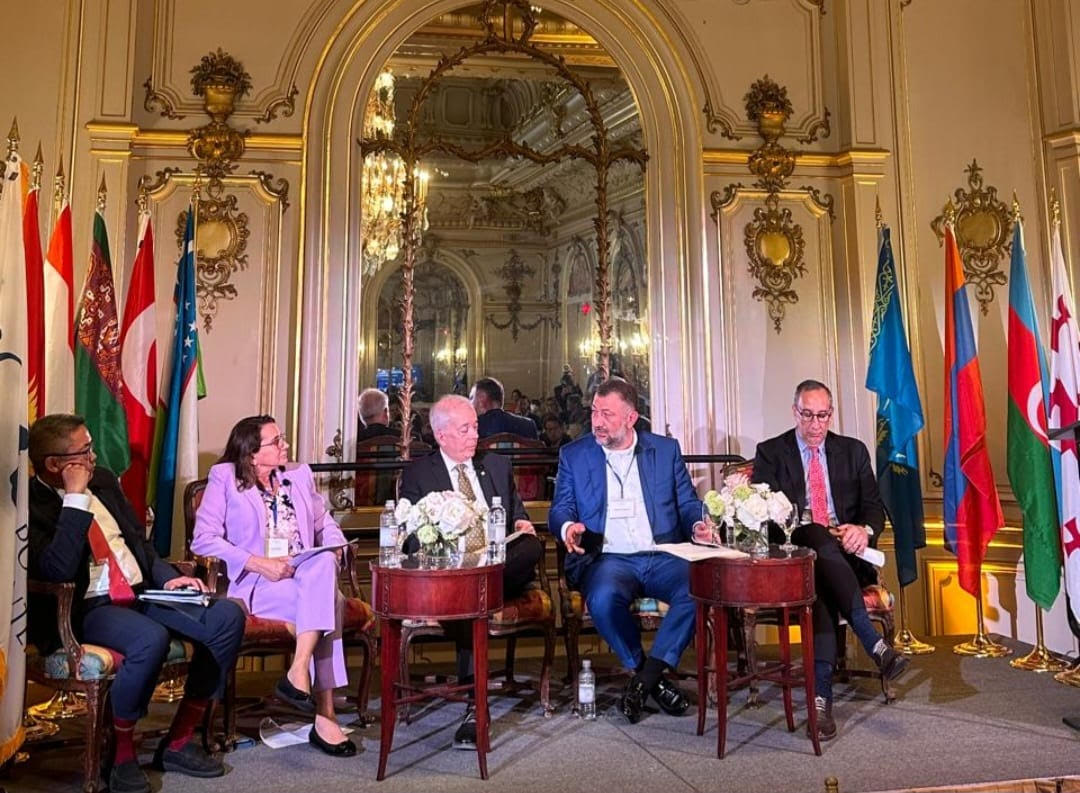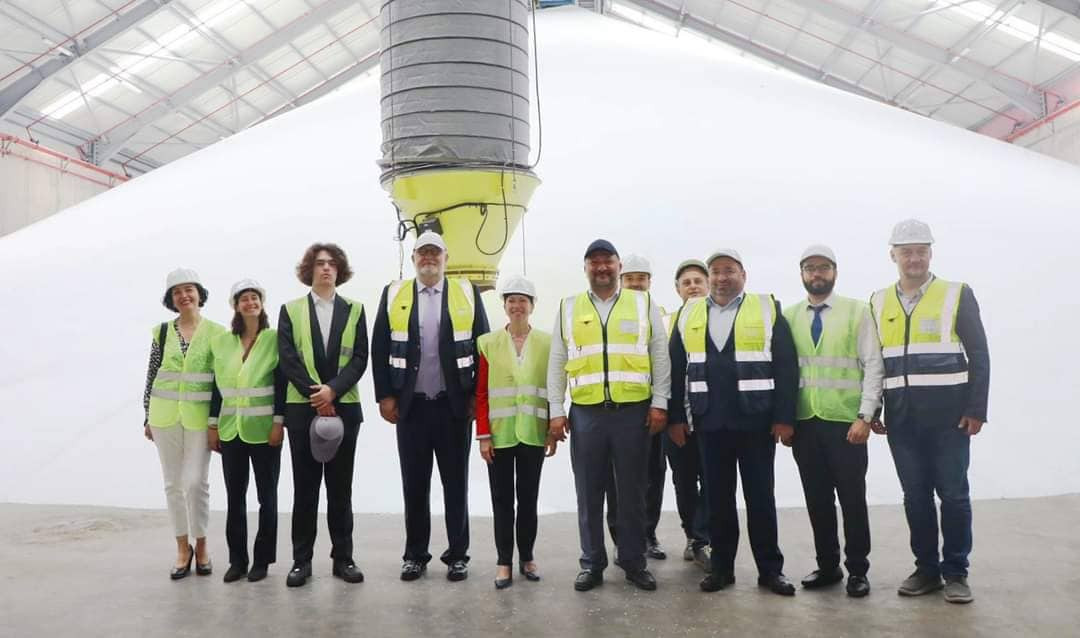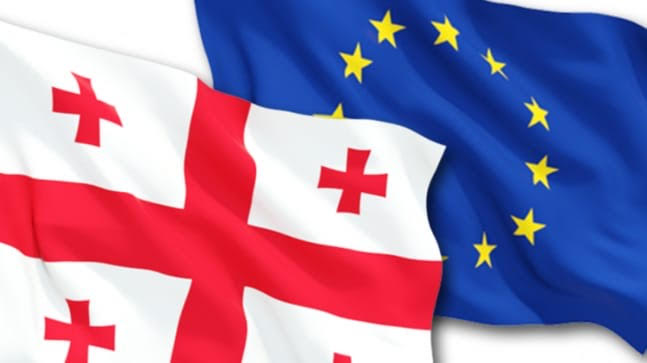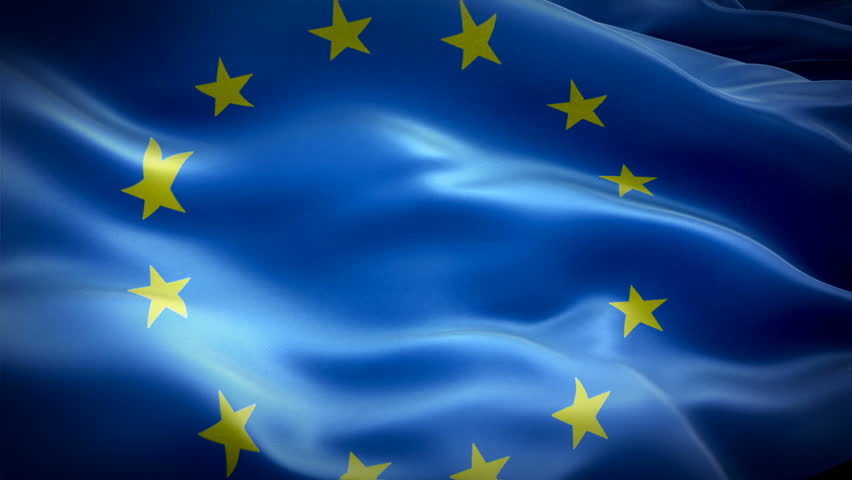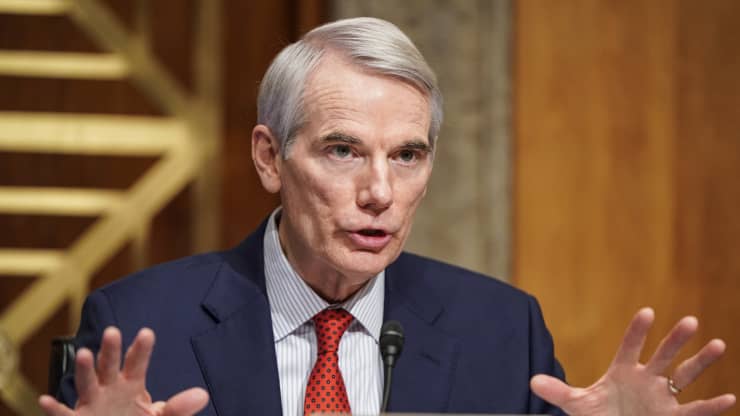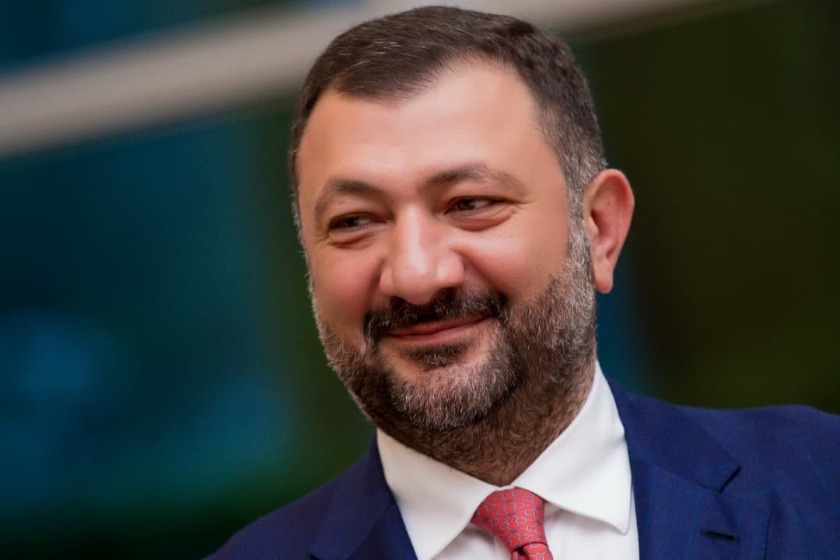economic
EBRD invests in water network infrastructure in Tbilisi
The European Bank for Reconstruction and Development (EBRD) is investing US $40 million to fund water network infrastructure in Tbilisi. The EBRD participated in the green Eurobond issue by Georgia Global Utilities (GGU), with an investment of US $40 million of the total US $300 million offering. GGU will invest the proceeds to improve the water-network infrastructure in the Georgian capital Tbilisi. The project is the first green bond under EBRD Green Cities, a programme that has already supported eight projects in Tbilisi through the flagship Green City Action Plan. The project will target investments in the water sector and address key environmental challenges, such as water losses. The EBRD is a leading institutional investor in Georgia. To date, the Bank has invested more than €5 billion in 299 projects in the financial, corporate, infrastructure and energy sectors, with 82 per cent of those investments in the private sector.
Investments in the development of ports in Georgia are needed, Mamuka Murjikneli, CEO of the Wondernet Investment Group, says at the Caspian Policy Center forum in Washington
Mamuka Murjiknel, CEO of the Wondernet Investment Group, spoke on a panel during the 8th Annual Trans-Caspian Forum held at the Cosmos Club in Washington. At the Caspian Policy Center meeting in Washington, Wondernet Investment Group CEO Mamuka Murjikneli says that investments in the development of Georgia's ports are imperative. Mamuka Murjikneli added that the growing importance of the Middle Corridor is demanding an increased capacity. While the traffic is there, upgrades to the route are lagging. “We see that Central Asia itself is growing and new facilities that would be built there would require increased capacity handling for key ports.” “Right now, the most important priority in the Middle Corridor is safety [of cargoes],” which enables smooth connectivity and transport of goods, Murjikneli added. “Investments in the development of ports in Georgia and Azerbaijan are needed. Especially in Georgia, the demand is growing, and the construction of a deep seaport is of high importance,” he emphasized. How to Maximize the Middle Corridor was the theme of the 8th Annual Trans-Caspian Forum at the Cosmos Club in Washington, DC., hosted by the Caspian Policy Center (CPC) in partnership with the embassies of the Caspian Region. The event brought together key stakeholders from the United States and the Caspian Region to discuss and strategize how to enhance connectivity and trade across the Middle Corridor, which connects countries in the Caucasus and Central Asia to Europe, China, and South Asia. The final panel, How to Do Business Better Along the Middle Corridor, highlighted successful business practices and opportunities in the region. Moderated by Dr. Eric Rudenshiold, Caspian Policy Center Board Member, the discussion featured Robert Scher, the Vice President of BP America; Mamuka Murjikneli, CEO of the Wondernet Investment Group; Laura Brank, Partner of Dechert LLP; and Eugene Seah, Chief Operating Officer of Baku International Sea Trade Port. Speakers from the final panel emphasized the importance of the Caspian region for international trade and transit, but they pointed out that there are still a few legal hurdles to overcome for new opportunities to open for the private sector.
The United States supports Georgian economic development, the Multimodal Terminal in Batumi is an example of this support - The US Embassy
On the occasion of the 30th anniversary of US-Georgia diplomatic relations, US Ambassador Kelly Degnan paid a visit to the Batumi Multimodal Terminal. The US Embassy in Georgia has made relevant material public. According to the U.S. embassy the United States supports Georgian economic development by working with American firms to enter and compete in Georgian markets and the Multimodal Terminal in Batumi is an example of this support, representing the biggest American investment in the Adjara region. „During her visit to the terminal Ambassador Degnan noted how such investments pave the way for other U.S. businesses to look at the Georgian market and utilize its potential as a transportation, logistics, and commercial hub“, - the U.S. embassy said. A new multimodal terminal in Batumi port opened in june, 2021. Its capacity is up to 1.5 million tons per year. The project investors are the American corporation Trammo together with Wondernet Express Investment Group. The construction of the terminal began in 2019, and the investments in the project reach $25 million.
The opening ceremony took place of the project to support fulfill Georgia's obligations under the Association Agreement
On Wednesday, April 13th a kick-off conference of the EU-funded twinning project „strenghthening of institutional as well as human capacities of the Geoegian National Agency for Standards and Metrology (GEOSTM) according to international/EU best practices" took place at the Radisson Blu Iveria Hotel. The overall objective of the project is to support Georgia in full fulfillment of its obligations under the EU-Georgia Association Agreement (AA), DCFTA, and Association Agenda in the fields of standardization and metrology, as well as further enhance the standardization and metrology infrastructure and services in accordance with European and international best practices. The main beneficiaries of the project are the Georgian National Agency for Standards and Metrology (GEOSTIM) and the Ministry of Economy and Sustainable Development of Georgia (MoESD). The EU member state partners are the Italian Accreditation Body (ACCREDIA), the Italian National Metrology Research Institute (INRIM), the Italian National Stadardisation Body (UNI), supported by the Spanish Metrology Center (CEM), FIIAP F.S.P. and the Spanish Association for Standardization (UNE). In the comments with "Europetime", the participants addressed the project's value and benefits. Economic integration with the European Union, particularly the effective execution of a deep and comprehensive free trade agreement, is a priority, according to Mariam Gabunia, Director of the Ministry of Economy's Foreign Trade Policy Department. In this context, the development of quality infrastructure, particularly the enhancement of Georgia's capability in the field of standards and metrology, is of particular importance. This is the third project, that aims to improve the agency's capability in the sphere of standards and metrology while also bringing it closer to EU legislation. Speaking to Europetime the Director of Cooperation and International Relations of UNE, Vito Fernicola, said the project is important for both the Georgian National Agency for Standards and Metrology and the Italian-Spanish consortia that support the project. We are pulling in another experts in standardisation metology and we are offering these experts in a very flexible way to our Georgian colleagues. So we are planning a number of activities to help the Georgian agency to support the government in terms of reducing technical barriers to trade. Enrico Valvo, the Italian Republic's Extraordinary and Plenipotentiary Ambassador to Georgia, stated that the project is significant since it affects a key infrastructure, namely infrastructure quality. This includes metrology. The importance of receiving a questionnaire from Georgia on EU membership was underlined by Enrico Valvo. The entities taking part in this project have relevant experience, and the idea is to transfer all they can to the benefit of GEOSTM. Of course, this is a part of the big picture, and the big picture is the approximation with the EU legislation. The project is financed by the EU with €1 400 000.
New EU-funded Eastern Partnership Trade Helpdesk launched
A new tool to support trade and investment between the EU and Eastern Partnership countries was launched during the Eastern Partnership Summit. "The Eastern Partnership Trade Helpdesk will help open new market opportunities for importers and exporters in the EU and the Eastern Partnership countries. This platform will assist companies to identify new opportunities, potential partners and check necessary requirements and procedures. The new platform is a crucial element of the Commission’s efforts to help small businesses trade more, as it will provide them with tailored advice from a network of trade experts and business support organisations", the EU says. It complements the Access to Markets database, which empowers European companies to benefit from trade agreements to the fullest by breaking down complex trade rules into practical, tailored information. Executive Vice-President and Commissioner for Trade Valdis Dombrovskis said that the Eastern Partnership Trade Helpdesk will help to strengthen trade ties with this important region. „The region as a whole is one of the EU's top 10 trading partners, and the EU is by far their biggest trading partner, accounting for almost one-third of all their trade. This initiative will further open opportunities for EU companies, notably SMEs, and will also contribute more broadly to strengthening trade and investment with Eastern Partnership countries“. Commissioner for Neighbourhood and Enlargement Olivér Várhelyi mentioned that this platform is a practical way to provide help and support recovery, Resilience and Reform, "our priorities for the Eastern Partnership region“. „Through our Economic and Investment Plan for the Eastern Partnership, we are aiming to increase economic ties between the EU and the region and make it easier for SMEs to engage in trade with the EU. This platform is a practical way to provide help and support Recovery, Resilience and Reform, our priorities for the Eastern Partnership region.” The helpdesk has been developed as a collaboration between the EU4Business Eastern Partnership Trade Helpdesk project, funded by the European Union, and the International Trade Centre (ITC) as implementing partner. The Eastern Partnership Trade Helpdesk is built around three principles: 1. Identify Opportunities: helping users to identify the most promising markets and products to trade in the region and with the EU. By comparing trade performance and potential trade in the region and with the EU, by market and by sector, users can confirm their business decisions. 2. Market Information: providing users with an overview of the market access conditions they need to comply with to trade their products to the identified market, as well as connect them with relevant partners in their country or the destination market. 3. Help Centre: guiding users to make the most of the platform, find additional resources, and contact relevant local agencies to answer their potential questions.
Senator Rob Portman: We should encourage more direct investment in Georgia
We should encourage more direct investment in Georgia. One would be infrastructure, specifically a particular port project, which is a huge opportunity for infrastructure investment. But also, there are so many other opportunities in agriculture and other commodities, including mining, including manufacturing, "-Senator Rob Portman said in an exclusive comment with Europe Time. He stressed that it is extremely important that more countries invest in Georgia. I hope more American companies will do so. One reason some companies are concerned is the judicial system. So that is one reason the judicial system is important: it provides an opportunity for more prosperity for all Georgians because more foreign investments mean more jobs. One would be infrastructure, specifically a particular port project, which is a huge opportunity for infrastructure investment. But also, there are so many other opportunities in agriculture and other commodities, including mining, including manufacturing. So I think there is a great opportunity for more investment here to help Georgian people. Investment is good, and we should encourage more direct investment in Georgia, but also more trade. So Georgia's top trade partner is Turkey, and its second is Russia. The United States is a very small part of that, so we need to figure out how to have more supply chains come in from Georgia to America or more exports to America and vice versa. Because I was involved as a United States Trade Representative, that is something I will be working on personally. I hope we can expand our trade-in addition to direct investment, "said Senator Rob Portman in an exclusive comment with Europe Time.
Mamuka Murjikneli has been appointed Director General of the new Batumi Multimodal Terminal
Mamuka Murjikneli has been appointed Director-General of the new Batumi Multimodal Terminal. He is qualified and experienced in the field of diplomacy, as well as in the field of economics and business. He started his career at the Ministry of Foreign Affairs. At various times, he served as Attaché (for Commercial Affairs) and as a Senior Counselor at the Embassy of Georgia to the United States, Canada, and Mexico. From February 2019 to May 2021, he held the position of Ambassador Extraordinary and Plenipotentiary of Georgia to Turkmenistan. He also has extensive experience in private business. In 2005-2007, Mr. Murjikneli worked at Camargo Energy Corp as Manager External Affairs. In 2007-2015, he worked for Tethys Petroleum Limited and he held the positions of Manager of External Affairs, Head of Corporate Affairs, and Vice President of External Affairs. In 2015-2017, he worked at Skyland Petroleum Group as Vice President of External Affairs. In 2017-2018 he was an Independent Consultant in the regions of Central Asia and the Caucasus. Note: The construction of a multimodal mineral fertilizer terminal on the territory of the Batumi Sea Port was completed in 2021. The regional-scale project that will be dedicated to transshipment of cargo from Central Asia countries to the European market through Georgia has been implemented with the partnership of a leading American corporation Trammo and Wondernet Express Investment Group with an investment of $ 25 million. The development of the project involved leading design institutes of Europe and the world's largest suppliers of ship loading and storage equipment. The terminal is fully automated and includes conveyor systems and ship loaders. It is equipped with modern equipment for the resetting of mineral fertilizers, with the latest filtration technology. The terminal production capacity allows the process of up to 1,500,000 tons of mineral fertilizers a year. Over 100 people, mostly from Adjara, are employed on the terminal. In the near future, the company is planning to increase the amount of investment, as well as the number of working places. Note: ‘Trammo’ is ranked No 56 on Forbe’s list of America’s largest private companies.
USAID Reaffirms Commitment to Georgia’s Development with $330Million in Assistance for Resilience, Democracy, and Economic Growth
USAID/Georgia Mission Director PeterWiebler and Minister of finance of Georgia Lasha Khutsishvili signed a Development Objectives Grant Agreement that will enable USAID to provide $330 million in assistance to Georgia over the next five years. The new agreement makes it possible for USAID/Georgia to fully implement the development strategy it launched in 2020, supporting Georgia to strengthen resilience against malign influence, build citizen-responsive and accountable democratic institutions, and achieve inclusive economic growth that creates high-value jobs opportunities in communities around the country. “This agreement further strengthens the United States and the Government of Georgia’s strategic partnership to advance Georgia’s sustainable development and Euro-Atlantic aspirations. It also reflects USAID's commitment to work with a broad range of partners within Georgian society - including government, civil society, the private sector, and others. Over the next five years, we will co-create, cost-share, and co-invest with our Georgian partners, both public and private, to identify and support Georgian solutions to democratic and economic development challenges“, - said USAID/Georgia Mission Director Peter Wieber. ”Minister of Finance of Georgia Lasha Khutsishvili remarked: “I would like to express my gratitude to the Government and people of the United States of America for their continued support for Georgia’sdevelopment. The United States Agency for International Development is our most important development partner, providing assistance for the strategic development needs of the country. This cooperation was vital for the country’s development during the first years since regaining independence, and this cooperation will be instrumental for the realization of the country's Euro-Atlantic aspirations. I am sincerely convinced that signing this Development Objectives Grant Agreement is yet another step forward in our successful cooperation“. The new Development Objectives Grant Agreement reflects USAID’s commitment to partnering with Georgia to overcome the remaining challenges to sustainable development, including the need for citizen-centered politics, continued progress in strengthening the Rule of Law and accountable governance, countering malign influence, and sustainable employment opportunities in the country regions. About USAID in Georgia: As the leading development agency of the U.S. Government, USAID supports Georgia to build the capacity to plan, finance, and implement its own solutions to development challenges. USAID has worked in Georgia since 1992, supporting the country's transformation into a democracy that is increasingly integrated into western political, security, and economic institutions. More than 35 USAID programs strengthen Georgia's resilience to malign influence, consolidate democratic gains through enhanced citizen responsive governance, and enables high-value employment through increased economic growth.



